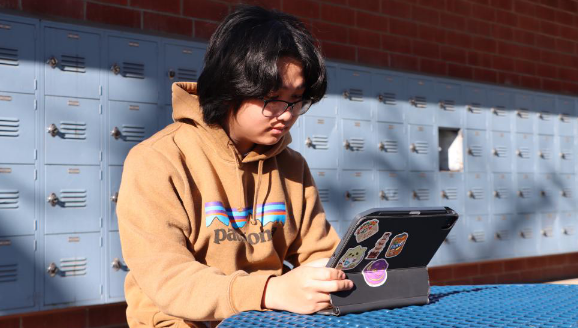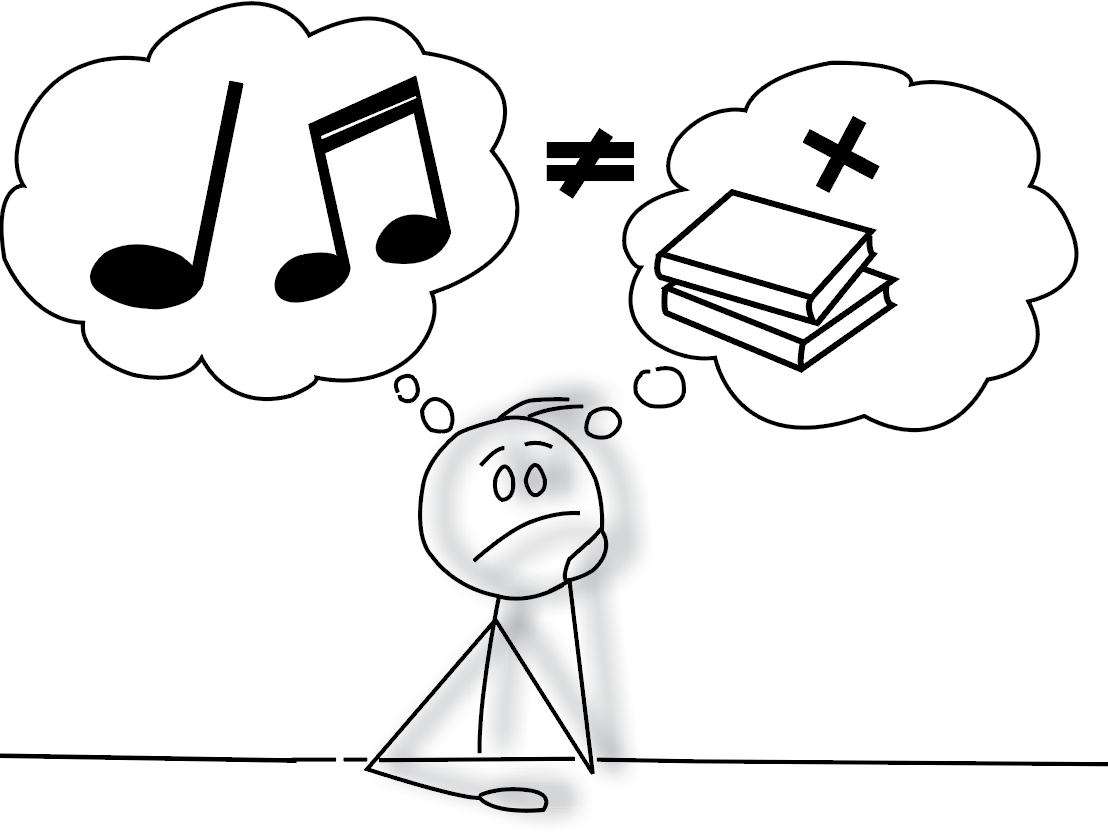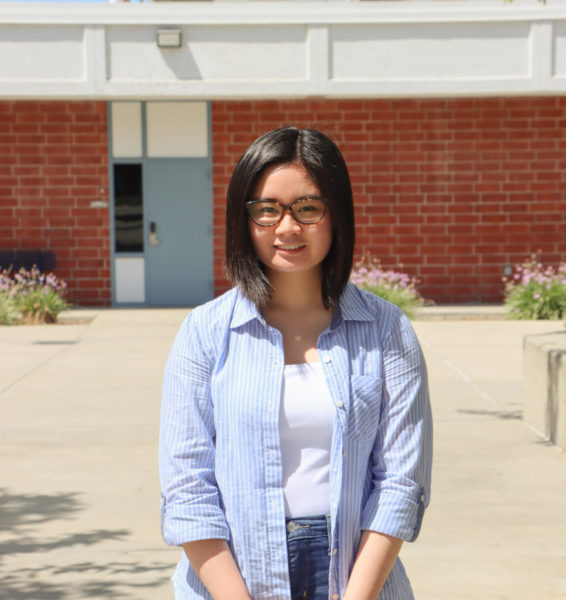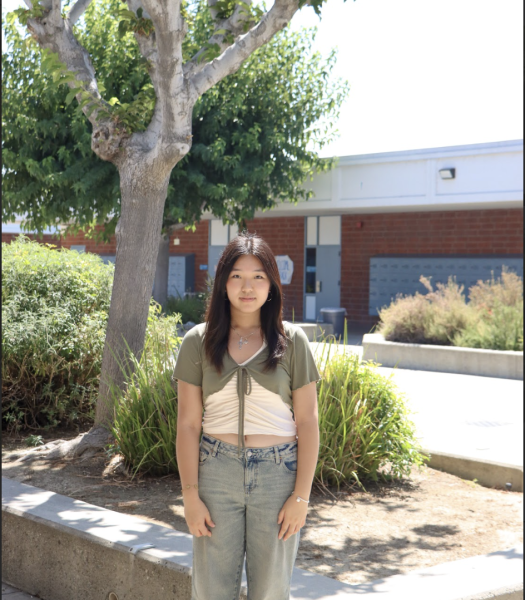Many Gen Zers (those born between 1997 to 2010) feel they’re living through social critical points. Beyond the archetypal teenage struggles of identity searching, Gen Z has grown up in a chaotic social and political climate. From the onslaught of tragic headlines on 24-hour news cycles to carefully curated social media feeds, Gen Z is surrounded by a distorted information ecosystem.
Being barraged by a constant surge of emotions — fear, anger or despair — has led many members of Gen Z to feel desensitized to what is happening around them.
A 2022 Harvard youth poll recorded that the majority of individuals under 30 agree that the present political landscape is falling short of solving the challenges we are facing. Another New York Times poll reported that Gen Z teens are experiencing higher levels of stress and uncertainty. A mass consensus has been reached in Gen Z conversations: current institutions are not acting in the best interests of youths.
Many teens are frightened of the future and the possibility of an unfixable dystopia. Costs for housing and four-year higher education institutions are soaring, while current political figures do not adequately represent the opinions of teens.
Gen Z has been criticized for being digitally hyperconnected, becoming the first true “digital natives.” However, this has allowed Gen Zers to redefine and express themselves beyond restrictive stereotypes and labels through open digital spaces. Through online encounters with individuals from all walks of life, members of Gen Z are far more inclusive of other identities.
Gen Zers have been coined as “plurals” — a rebranded adaptive generation that is a byproduct of collaborating with diverse peers and outlooks.
WHS students have voiced their encouragement to students to enact change around them. “It feels like it’s going downhill and [Gen-Z] is all for it, but I think that’s over exaggerated,” freshman Dymond Dolberry said. “If we don’t pay attention to our surroundings, we won’t know what’ll happen. You’re not going to be able to grow up and help fix the world that people think is so dangerous.”
“Sometimes, we’re not interested in what’s going on. I would say we’re sometimes unaware of what’s happening outside of school,” sophomore Dylan Bui said. “I encourage others to be more aware because we never know what’ll happen in the world.
Raised on narratives on reforming oppressive governments, like the Hunger Games and Divergent series, members of Gen Z have been shown to be some of the most politically engaged individuals, while representing the most racially and ethnically diverse voters.
Not all hope is lost for Gen Z teens: many youths are remarkably politically aware and strive toward progress. Global data collected by the research firm Edelman documented that 70% of Gen Z members are involved in a social or political cause; and although they may not consider themselves groundbreaking activists, they are still in tune with what’s going on around them. They are able to wield social media platforms to organize and communicate productive discourse; they welcome technology and use it to renew social movements.
Ultimately, generations are dynamic, not static; and as Gen Zers share their desire for progress, every young individual continues to reshape the future.








